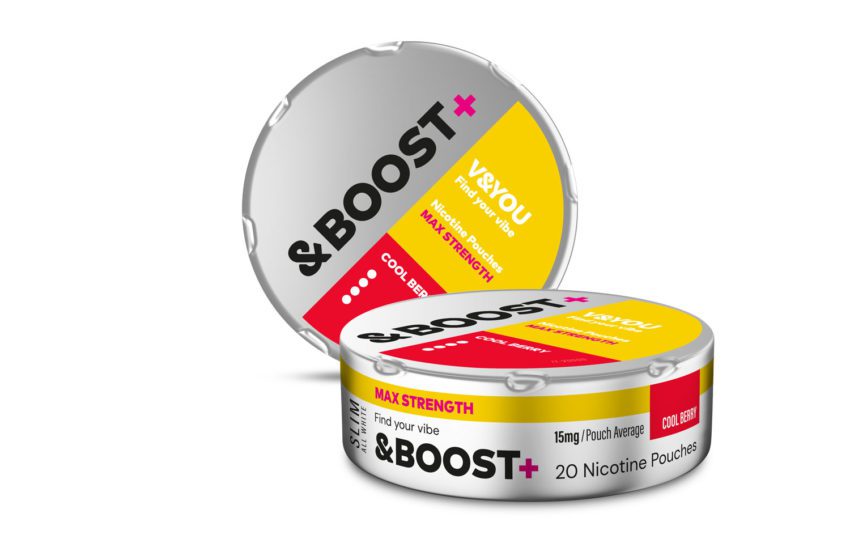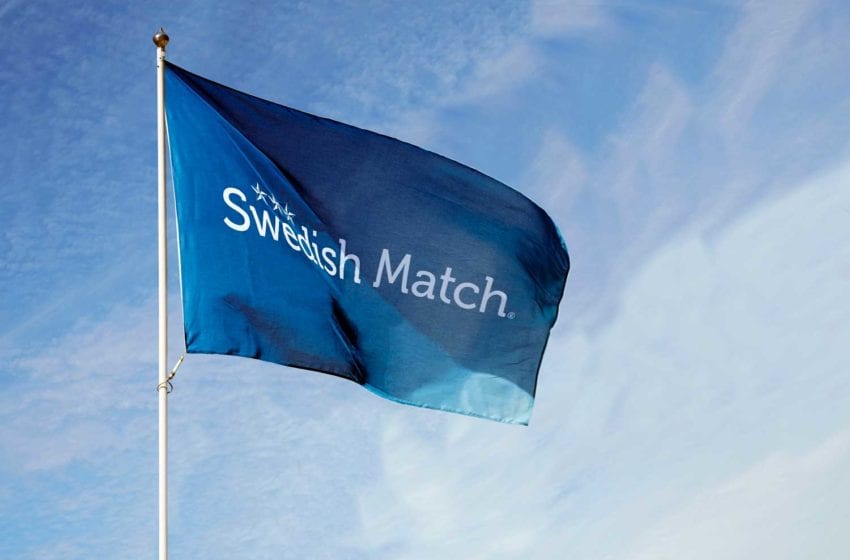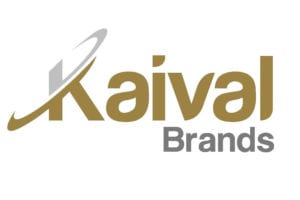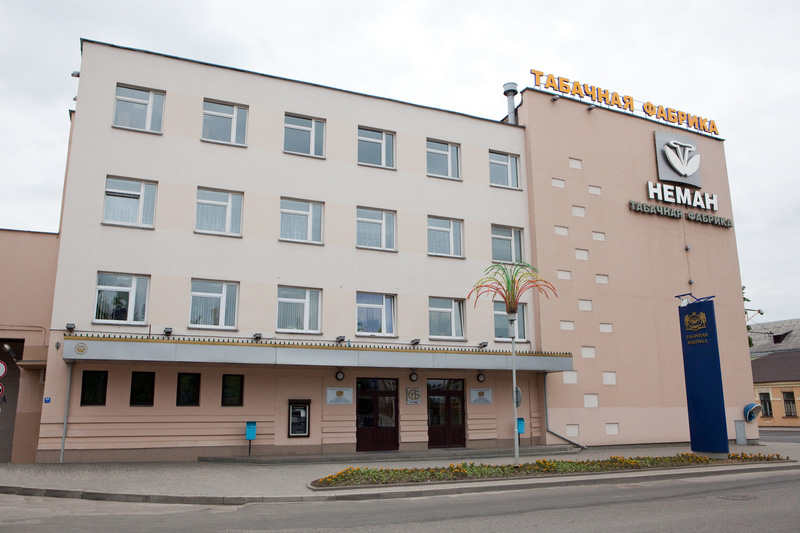
Turning Point Brands (TPB) received a marketing denial order (MDO) from the U.S. Food and Drug Administration in response to a premarket tobacco product application (PMTA) covering certain of the company’s vapor products.
In a press note, the company said it stands behind the high quality of its PMTA, which it believes established that the products’ continued marketing would be “appropriate for the protection of public health,” the standard established by the Family Smoking Prevention and Tobacco Control Act of 2009. “These products are crucial to improving public health by helping adult smokers migrate to less harmful products,” the company wrote. “TPB will continue to engage with the FDA and other stakeholders as we consider options moving forward, including a formal appeal of the decision and potential legal relief.”
The PMTA denied by this MDO included an in-depth toxicological review, a clinical study and studies on patterns and likelihood of use. According to TPB, the data demonstrated that TPB products do not appeal to never-users, youth or former users and that a significant majority of users of TPB products had completely ceased use of combustible cigarettes. “The scientific literature on lower risk nicotine-delivery systems shows that these products can significantly improve public health by providing alternatives that are much less harmful than combustible cigarettes,” the company stated.
“While we believe the FDA’s current conclusion is misguided, we will continue our dialogue with the agency in search of a path forward,” said Larry Wexler, president and CEO of Turning Point Brands. “As we explore options for appealing this decision, we are hopeful that the agency reaffirms its commitment to science-based decision-making and to its announced Comprehensive Plan, which includes fully transitioning adult consumers down the continuum of risk in order to reduce the morbidity and mortality associated with combustible cigarette use by preserving the diverse vapor market.”
The company says it continues to monitor regulatory developments and intends to take appropriate measures to manage and mitigate any risk exposure that may result from these and any future MDOs.

















 Bidi Vapor will continue to manufacture and market its Artic (menthol) Bidi Stick in the United States despite receiving a marketing denial order (MDO) for the product, according to a
Bidi Vapor will continue to manufacture and market its Artic (menthol) Bidi Stick in the United States despite receiving a marketing denial order (MDO) for the product, according to a 